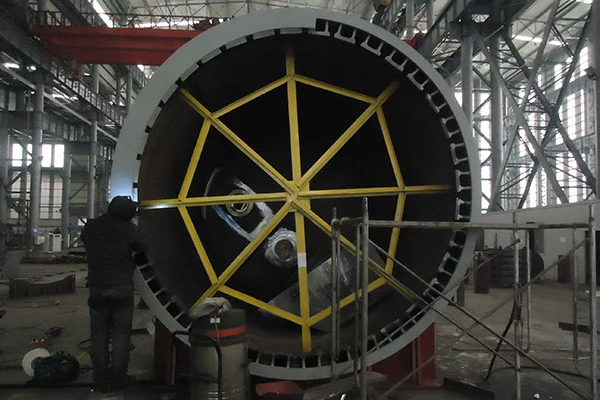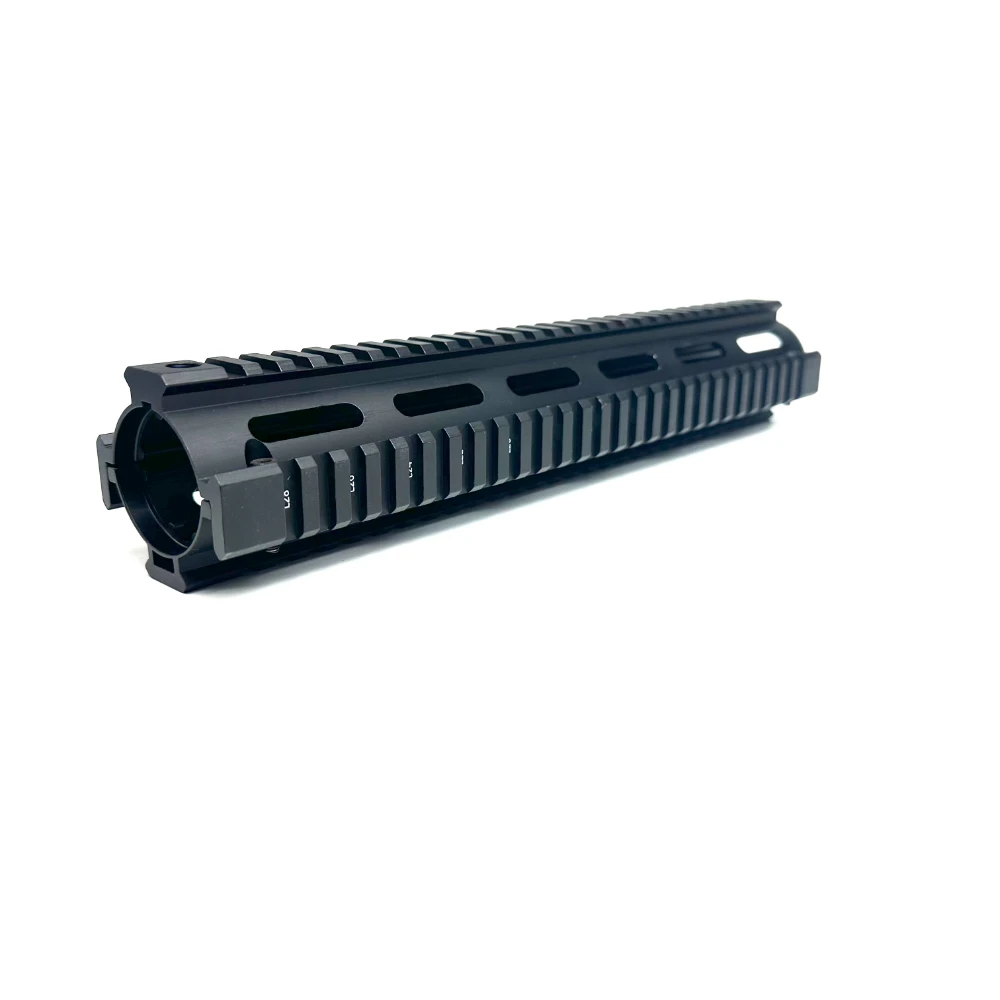Factors affecting the service life of multi-turn valve interlock and their solutions

Multi-turn valve interlock is a common valve control device in industrial production. Its service life is directly related to the safe and stable operation of production equipment. There are many factors that affect the service life of multi-turn valve interlocks, including material quality, working environment, operation methods, maintenance, and other aspects.

First of all, material quality is one of the key factors affecting the service life of multi-turn valve interlock. The main components of valve interlocking are usually made of metal materials, such as 304 stainless steel, 316 stainless steel, 316L, etc. The quality of these materials directly affects the corrosion resistance, wear resistance, and pressure resistance of the valve interlocking. Therefore, selecting high-quality materials and strictly controlling the production process is crucial to increasing the service life of the valve interlock.
Secondly, the working environment is also an important factor affecting the service life of valve interlocking. If the valve interlock is exposed to moisture, corrosion, or high temperature for a long time, its materials will be corroded and damaged, thus shortening its service life. Therefore, when selecting a valve interlock, it is necessary to fully consider its working environment and take corresponding protective measures, such as anti-corrosion coatings, seals, etc., to extend its service life.
In addition, the operating method will also have an impact on the service life of the valve interlock. Improper operation may cause the valve interlock to be subject to excessive impact or vibration, accelerating its wear and aging. Therefore, the correct operation and maintenance of valve interlocks is crucial. Operators need to receive professional training and understand the usage specifications and precautions of valve interlocking to ensure its normal operation and extend its service life.
In addition, maintenance is also one of the important factors affecting the service life of valve interlocking. Regular maintenance can effectively extend the service life of the valve interlock. This includes cleaning valve interlocking surfaces, lubricating moving parts, checking seals and connecting bolts, etc. Through regular maintenance, potential problems can be discovered and dealt with in time to avoid failures and damage caused by negligence, thereby extending the service life of the valve interlock.
In addition to material quality, working environment, operation methods, and maintenance, there are other factors that will also affect the service life of multi-turn valve interlock. These factors include but are not limited to the following aspects:
The service life of multi-turn valve interlock will also be different in different media. The corrosiveness, viscosity, temperature, and other characteristics of the medium will all have an impact on valve interlocking. For corrosive media, corrosion-resistant materials or special protective measures need to be selected to extend the service life of the valve interlock.
The working frequency of multi-turn valve interlock is also an important factor affecting its service life. Frequent switching operations will accelerate the wear of the valve interlock and reduce its service life. Therefore, in practical applications, it is necessary to select the appropriate valve interlock type according to the actual situation to meet its use requirements at different operating frequencies.
The installation quality of multi-turn valve interlock is directly related to its service life. Improper installation may cause uneven stress on the valve interlocking and accelerate wear and aging. Therefore, when installing multi-turn valve interlock, it is necessary to strictly follow the relevant specifications and requirements to ensure that the installation quality meets the standards to extend its service life.
In general, the service life of multi-turn valve interlock is affected by many factors, including material quality, working environment, operation methods, and maintenance. Only by comprehensively considering these factors and taking corresponding measures can the service life of the valve interlock be effectively extended and its reliability and safety improved. I hope this article can help readers better understand the factors affecting the service life of multi-turn valve interlock and apply them in actual projects. As a multi-turn valve interlock company, Nudango is committed to providing customers with high-quality, reliable valve interlock products. In addition, we also provide a full range of after-sales services, including product installation guidance, maintenance advice, etc., to ensure that customers can fully utilize the performance of the product and extend the service life of the product.
What are the characteristics of multi-turn valve interlock?
Application fields of multi-turn valve interlock
How to choose high-quality multi-turn valve interlock
Installation and debugging of multi-turn valve interlock
Revealing the factors that affect the price of multi-turn valve interlock
mia
globalnudango@shndg.cn





